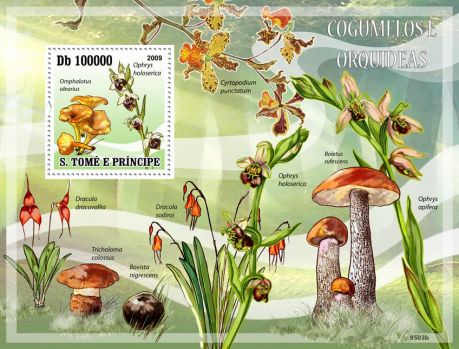A number of potential causes for CCD have been put forward, such as the varroa destructor mite, the presence of invasive species or land use changes - such as the extension of monocultures. The resolution passed by the European Parliament in November 2011 proposed a number of solutions - including the creation a network of European "reference hives" for testing purposes, financial support for research and better training of beekeepers in disease control. However, one serious issue the report did not adequately consider was the impact of highly toxic pesticides on bee mortality. The use of neonicotinoids, of which 240m hectares in the United States is covered, has long been controversial. Now, the publication of two behavioural study reports in the journal Science shows that low levels of neonicotinoid pesticides can significantly affect bee colonies. One chemical led to a dramatic decline in bumble bee queens and another interfered with the ability of honey bee foragers to find their way back to the hive. Earlier test procedures proved to be inadequate as they did not examine the impact of the pesticide on bee health over a sufficiently prolonged period. Merely because the bee is not killed immediately does not mean that there are not long term health effects. The EFSA has also reviewed their risk assessment procedures for the effects on bee health of pesticides and insecticides and has proposed a major overhaul. Existing tests do not consider the exposure of bees to low doses of pesticide over a long period, so toxicity testing should be extended over a prolonged period of time.
In addition, recommendations have been made to improve laboratory, semi-field and field testing procedures. According to the EFSA, "several exposure routes - intermittent and prolonged exposure of adult bees, exposure through inhalation and the exposure of larvae - are not currently evaluated in laboratory tests, and the effects of sub-lethal doses of pesticides are not covered fully".
While these two studies clearly need to be followed up with more research - they provide useful evidence and serious questions need to be asked about how such pesticides were allowed on the market without proper analysis of their long term effects on bee populations. We need tough pre-authorisation procedures which assess every eventuality for animal health and the environment and will be monitoring the EFSA's actions carefully to ensure that their assessments are properly reformed. Europe's agricultural future depends on it
Read more: http://www.publicserviceeurope.com/article/2027/pesticides-could-be-kil…
Alyn Smith MEP is a member of the Scottish National Party and sits on the European Parliament's agriculture and rural development committee
Published 6 June 2012
Attached is an article on the influence of Bayer Cropscience on Dutch policy makers (which appeared in the magazine "Vrij Nederland" on April 4, 2012)

- Log in to post comments
